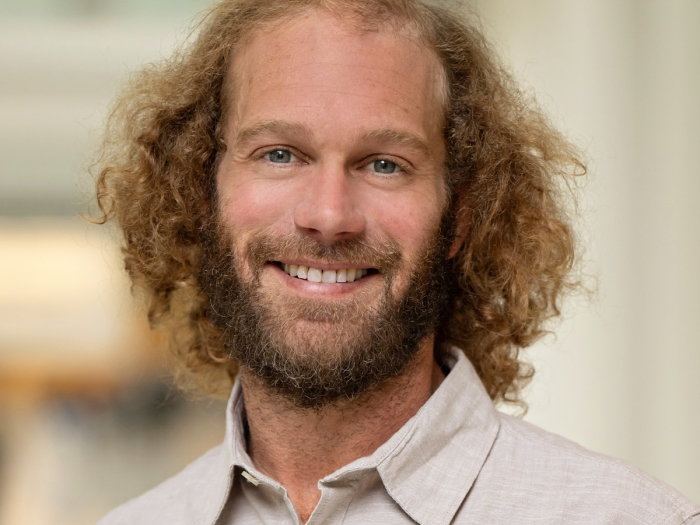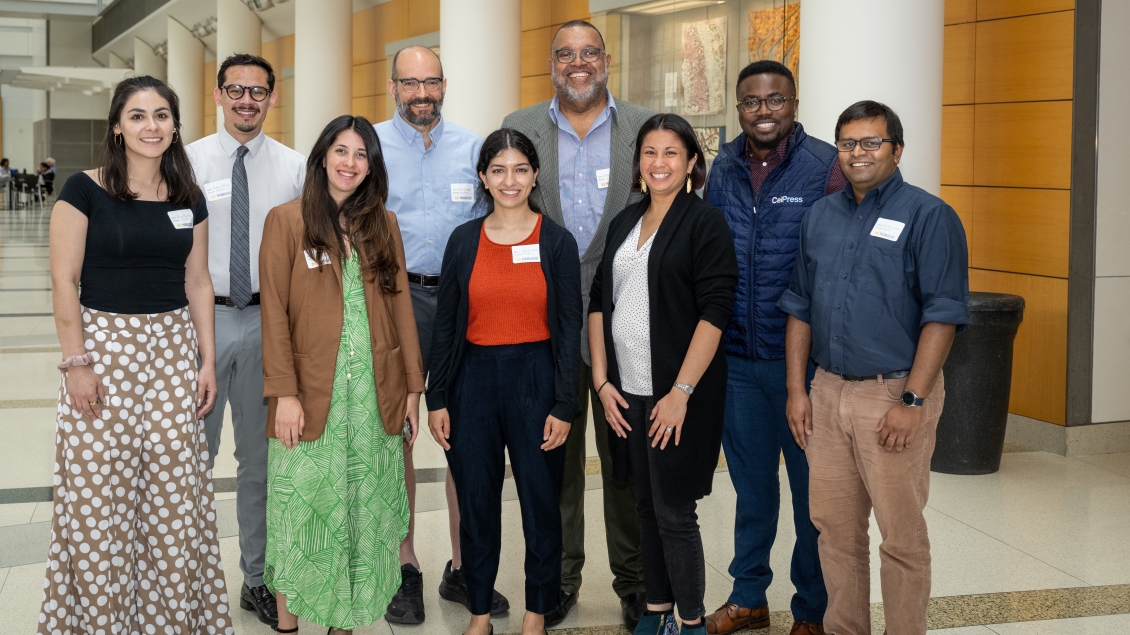
Building Community
The department is committed to protecting Diversity, Equity and Inclusion both within the academic setting and the community at large.
The members of the U-M Medical School Department of Pharmacology make the following commitments to our department, our academic community, and the community at large:
- A commitment to the pursuit of advanced medical and scientific knowledge at the highest level of quality, integrity, and cultural relevance
- A commitment to creating and maintaining a diverse environment that fosters the growth and training of our scientific community. This includes fostering an environment of diversity, anti-racism and anti-sexism, and LGBTQ+ support at ALL levels within the Department of Pharmacology.
- A commitment to open and honest discussion in the face of social, political and societal change as we strive to improve equity and justice, particularly for black communities and other under-represented groups
- A commitment to the individual right for all department members, regardless of race, gender, ethnicity, religion, sexual orientation, or cultural background, to feel physically and emotionally safe in their workplace, and their empowerment to speak out against incivility, racism, sexism, unethical conduct and abuse of power.
As part of the department’s efforts to be a more diverse, inclusive, and equitable place, it is important to establish ways for all members of the department to provide feedback, seek guidance, and report discrimination and harassment. Any information you share is confidential and you won’t be penalized for speaking up.
If you would like to provide input, feedback, or ideas on how the Pharmacology Department is doing in terms of its efforts, please complete Pharmacology Department DEI Feedback Form, which will be sent to the Pharmacology DEI Committee. You may submit the form anonymously if you prefer. Please share with the DEI Committee what is working, what is not working, and what can be done differently to advance efforts in the department and the University of Michigan.
What is Sexual and Gender-Based Misconduct?
Sexual and gender-based misconduct can take a variety of forms, including sexual assault, sexual exploitation, sexual or gender-based harassment, sex and/or gender-based stalking, intimate partner violence, and sex and gender-based discrimination. The Policy also prohibits retaliation and violations of supportive measures related to allegations of sexual and gender-based misconduct.
Behavior that creates a hostile environment or impacts a person’s employment, academic standing or participation in university programs could be considered sexual or gender-based misconduct. You can always, for any reason, contact Department Chair, Dr. Lori Isom ([email protected]) for issues related to discrimination and harassment or for support and guidance.
Education & Training
U-M provides sexual assault awareness and prevention education as well as bystander training to all incoming students and offers employees education and training to foster and maintain a welcoming, supportive, inclusive and diverse working and learning environment. For more information, please refer to the Education and Training page of U-M Sexual and Gender-Based Misconduct website.
Reporting
You can find more information about the reporting process at U-M through the Sexual and Gender-Based Misconduct Umbrella Policy, whether you are a student, faculty, staff or third party. More information about reporting can be found on the U-M Sexual and Gender-Based Misconduct Reporting and Processing page.
If you experience or are witness to, discrimination or harassment, you can report it to the University directly, through the Expect Respect Portal.
If you are not sure if the conflict or behavior you experience is considered discrimination or harassment, the University has many institutional resources to guide you through that process.
MANDATED REPORTING
Do you know if you are a mandated reporter? Find out by taking this mandated reporter quiz.
A mandated reporter is a Responsible Employee as defined under the Policy and Procedures on Student Sexual and Gender-Based Misconduct and Other Forms of Interpersonal Violence. Responsible Employees who learn that students may have experienced sexual assault, intimate partner violence, stalking, sexual or gender-based harassment, violation of interim measures or retaliation are required to share that information with the Office for Institutional Equity.
If you are a mandated reporter, please let people know you are in one or more of the following ways:
- Post a sign on your office door in a visible location
- Include a disclaimer in your email signature
- “I am a RESPONSIBLE EMPLOYEE, which means I am obligated to share, with the Office for Institutional Equity, any information disclosed to me about: Sexual Assault | Sexual/Gender-Based Harassment Intimate Partner Violence | Stalking Retaliation | Violation of Protective Measures”
- Verbally alert an individual who may be seeking support that you are a mandated reporter before they confide in you so they have the power to make a decision given your obligation to file a report with the University.
You can always direct an individual to the Sexual Assault Prevention and Assistance Center (SAPAC) Crisis Line (734) 936-3333 to receive confidential support 24/7.
We encourage feedback and ideas on how the Pharmacology Department is doing in terms of its DE&I efforts, please complete Pharmacology Department DE&I Feedback Form.
Maximum Award: $750 (4 awarded per year)
Application Deadlines: August 1, November 1, February 1, and May 1
Purpose: Students, postdoctoral fellows and faculty are often interested in doing DEI work in the Department of Pharmacology, but such work is largely voluntary and is often unfunded. For this reason, we have implemented this DEI mini-grant program to promote DEI programming in the department. Grants could be used to support on-going initiatives that need additional funding, to have one-time DEI related events, or to start a new longer-term initiative.
Application instructions: Maximum one page single spaced of narrative describing the purpose and organization of the proposed activity. A separate page with a proposed budget for the use of the funds. The goal is to make this process as painless as possible for reasonable initiatives. If you have questions about preparation of the proposal please contact Alan Smrcka or other members of the pharmacology DEI committee. Send the final proposals by the application deadline to Alan Smrcka ([email protected]).
Application Review: Applications will be reviewed by the Pharmacology DEI committee.
The primary role of the DEI Committee is to help gather and disseminate information as well as to advise the Chair on strategies, policies, and activities to improve diversity, equity, and inclusion in the Department. The goals of the Committee are to promote diversity at the trainee, staff, and faculty levels and to ensure that all members of the Department feel welcomed as essential participants in our overall academic and research missions.
To achieve these goals, the DEI Committee will liaise with members of the Department to identify broad issues that need to be addressed, and develop resources and approaches to resolve the issues that are identified. The Committee will communicate the issues and approaches to the Chair, along with suggestions on how to implement them. The Committee will meet monthly to discuss ongoing efforts, evaluate progress, and set future goals as the Department environment evolves.
At Michigan, we support a safe, just and peaceful community where you can connect and thrive. Visit our DEI section for regional community groups and health resources.
One of the advantages of learning at the University of Michigan Medical School is that you and your loved ones have access to expert care and robust services to fit your needs.
WHAT IS A PERSONAL PRONOUN?
A pronoun is a word that refers to either the people talking (like I or you) or someone or something that is being talked about (like she, them, and this).
Personal pronouns (like he, hers, ze) specifically refer to people that you are talking about. Below are several of the more common personal pronouns and their usage. However, this is by no means an exhaustive list and one should feel free to use what is most comfortable to them.
- Subjective Pronouns: She, He, They, Ze
- Objective Pronouns: Her, Him, Them, Hir
- Possessive Pronouns: Her/Hers, His, Their/Theirs, Hir, Hirs
- Reflexive Pronouns: Herself, Himself, Themselves, Hirself
WHY IS IT IMPORTANT TO RESPECT DESIGNATED PERSONAL PRONOUNS?
Many times, a person's appearance and gender/gender expression and identity are not the same. This can lead to making assumptions about people that sends a potentially harmful message. Knowing and sharing personal pronouns is one of the most basic ways to show respect for a person's gender identity and expression.
When someone is referred to with the wrong pronoun, it can make them feel disrespected, invalidated, dismissed, alienated, or dysphoric (or, often, all of the above).
In addition, given Taubman’s international population, we don't always know how people prefer to be referred as based on their names. Using gender pronouns can help us teach and learn about the many names and appropriate pronouns from around the world.
WHAT IF I MAKE A MISTAKE?
It’s okay! Mistakes happen.
If you use the wrong pronoun, acknowledge the mistake, correct it, and then move on.
If you forget someone’s personal pronouns, follow the same protocol: acknowledge the mistake, correct it, and move on.
PERSONAL PRONOUNS AT UNIVERSITY OF MICHIGAN
As part of the University of Michigan’s commitment to fostering an environment of inclusiveness, the Office of the Provost created a process for students to designate their preferred personal pronouns with the University and have those pronouns reflected on class rosters.
One can see how to make this change to your pronouns within Wolverine Access by clicking here. Faculty and staff can also designate pronouns.
Given the transition to remote learning, online conferencing platforms like Zoom and Bluejeans are our most common way to conduct class. Both platforms offer up opportunities to change your displayed name and can easily include the phonetic pronunciation of your name. Please follow this quick guide to learn how to change your display name temporarily or permanently in Zoom and BlueJeans.
Students are encouraged to speak with their professors and peers about how they would like to be addressed. Faculty and staff are also encouraged to speak with their supervisors and co-workers about their preferred personal pronouns.
EMAIL SIGNATURE
As a way to guide people to use the personal pronouns you prefer and show solidarity for intersex, transgender, nonbinary, and gender nonconforming people, we invite you to add the statement below to your email signature under your name (please change pronouns to match your gender identity/expression):
"Pronouns: she/her/hers (Click here to learn more about pronouns)"
Including personal pronouns in our signature can also signal that we want to learn and share with others how we/they want to be referred as, potentially sending a rippling effect to others to adopt the same practice.
Have you had to correct how people pronounce your name? Have you ever wondered how to pronounce someone’s name? Being able to pronounce someone’s name correctly is important in creating an inclusive environment. Given the uncertainty of in-person learning, it is now more important than ever to build connections with your peers and properly learn how to pronounce their names to build community even while physically distanced.
WHY IS IT IMPORTANT?
Student’s socio-emotional well-being and world view are impacted by the way instructors and peers pronounce their names. Mispronunciation of someone’s name can lead them to shy away from their culture and families. In some cases, people prefer to Americanize or not use their name at all to avoid having to constantly have to teach people how to pronounce their name. This can result in an environment with a lack of trust and communicates disrespect.
This op-ed article, titled “Names That Are Unfamiliar to You Aren’t ‘Hard,’ They're ‘Unpracticed’” offers excellent insight into what it can feel like for someone with an unfamiliar name in American society today.
HOW DO I PARTICIPATE?
Virtually Learning Environments
Given the transition to remote learning, online conferencing platforms like Zoom and Bluejeans are our most common way to conduct class. Both platforms offer up opportunities to change your displayed name and can easily include the phonetic pronunciation of your name. Please follow this quick guide to learn how to change your display name.
Faculty
Encourage your students to change their name to include their preferred pronunciation in virtual meetings. You can serve as a role model by also changing your name.
Everyone
Make every effort to address students by their preferred name and follow the pronunciation they indicated. If you still make a mistake or are having trouble with the pronunciation, ask for help and be patient! We are all working hard to make everyone feel welcomed and included.
HOW CAN I LEARN MORE?
Contact Joana Dos Santos, Chief Diversity, Equity, and Inclusion Officer at [email protected].
You can also check out Pronounce Names website (which now offers an Android app) or Voice of America's pronunciation guide to become familiar with how to pronounce any name.
For help in pronouncing Chinese names, you can check out this quick guide on pinyinpronunciation, literally 'spell out the sound'. It is a system for romanizing Chinese ideograms, used in mainland China for Mandarin Chinese.
Office of Diversity, Equity and Inclusion
Under the leadership of Vice Provost for Equity and Inclusion & Chief Diversity Officer Robert Sellers, the Office of Diversity, Equity and Inclusion (ODEI) leads and supports university-wide initiatives focused on the recruitment of a diverse faculty, staff and student body, while fostering an inclusive and equitable university community.
The Spectrum Center
The Spectrum Center at University of Michigan is a collaborative space in which all members of the University and local community are welcome. Through collaboration and partnership efforts, the Center supports students to thrive in a diverse society and globally. The Center works toward enhancing the campus climate and support services for LGBTQ+ students, staff, and faculty at the University through education, advocacy, and community building.
Sexual Assault Prevention and Awareness Center
The Sexual Assault Prevention and Awareness Center (SAPAC) provides free and confidential crisis intervention, advocacy, and support for survivors of sexual assault, intimate partner violence, stalking and sexual harassment who are University of Michigan students, faculty and staff. All services are free and confidential to the University of Michigan community and are provided by professional SAPAC staff members and include Crisis Intervention, Advocacy, and Support Groups.
Center for the Education of Women
The Center for the Education of Women provides academic, financial, and professional support through career and education counseling, funding, workshops, events, and a diverse, welcoming community to empower women to reach their full potential.
DEI @ Rackham Graduate School
The Rackham Graduate School partners at multiple levels with every school and college on campus to ensure the quality of graduate education, encourage innovation, and build a vibrant and diverse student community. Thus, their focus is on providing resources to graduate students from masters through PhD in any program at UM.
OGPS: The Office of Graduate and Postdoctoral Studies
The Office of Graduate and Postdoctoral Studies provides resources and support for current graduate students, postdocs, and postbacs in the biomedical sciences. Thus, OGPS is specific to those training in biomedical sciences at UM, whereas Rackham encompasses all graduate education at the University of Michigan.
OHEI: The Office for Health Equity and Inclusion
The Office for Health Equity and Inclusion develops mechanisms for inclusion, diversity and cultural sensitivity among faculty, students and staff at Michigan Medicine (UM Medical School and Hospital). OHEI also advances clinical care for under-served patient populations through research and education. Under the leadership of David J. Brown, MD, Associate Vice President and Associate Dean for Health Equity and Inclusion and Phyllis M. Blackman, MBA, Administrative Director, OHEI's goal is to transform health care and ensure health care equity.
If you are in crisis, there is a counselor-on-duty at CAPS.
https://caps.umich.edu/
There is also a counselor available at OGPS.
https://ogps.med.umich.edu/resources/hw/
If this is an urgent after-hours matter, please call CAPS at 734.764.8312 and select “0” to be connected with a crisis counselor. If it is an emergency, please call Psychiatric Emergency Services at 734.936.5900 or dial 988.
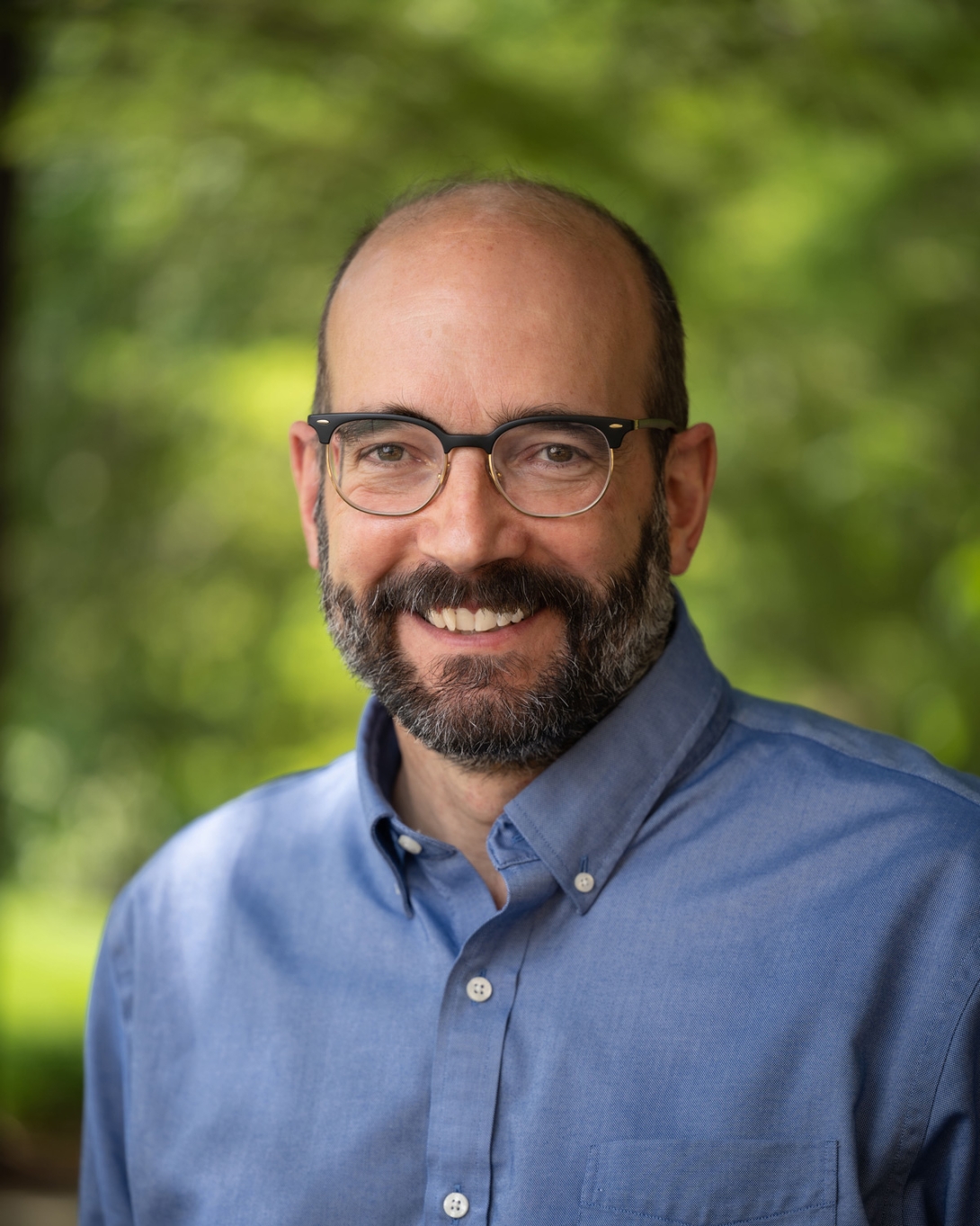
Department of Pharmacology
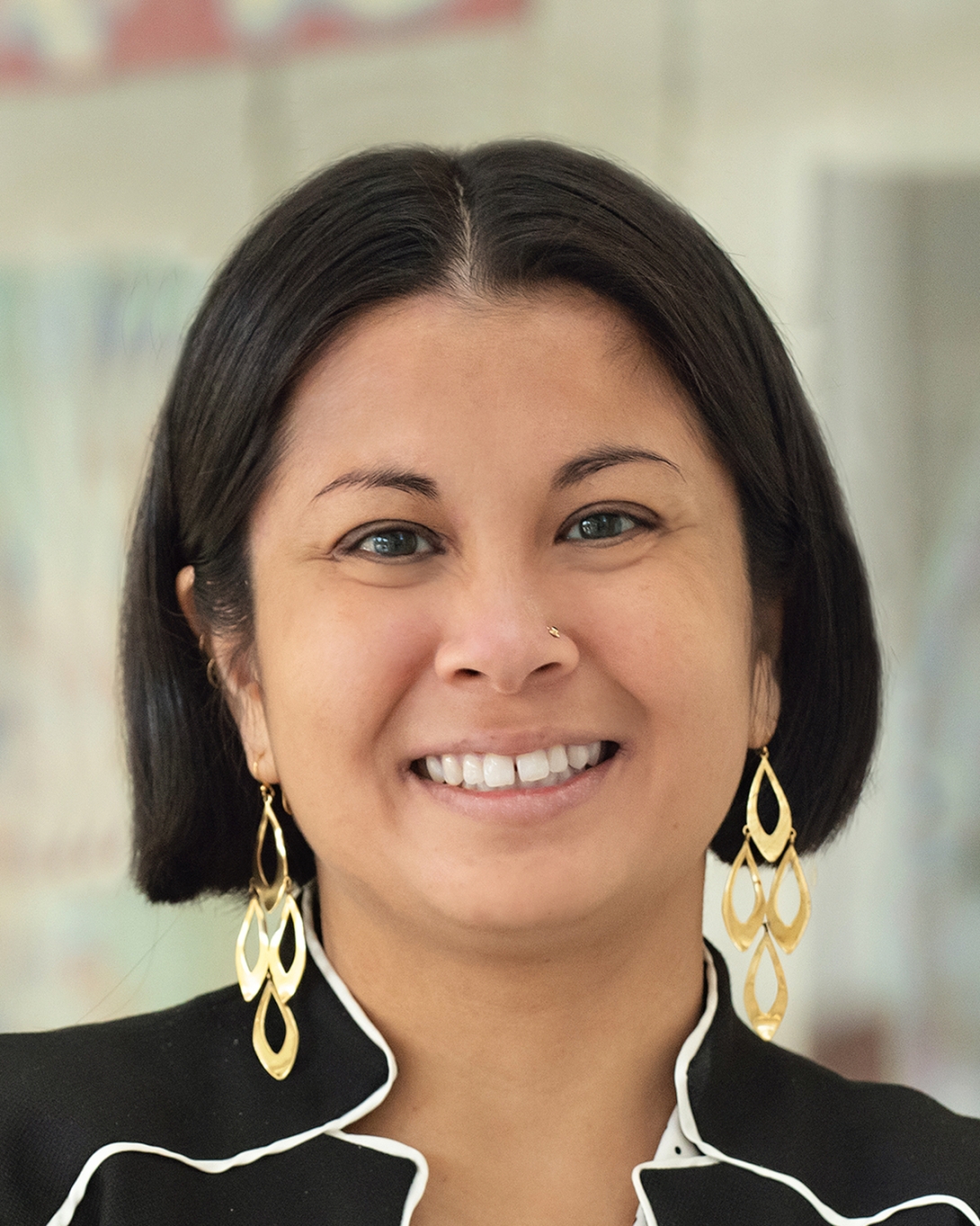
Pharmacology



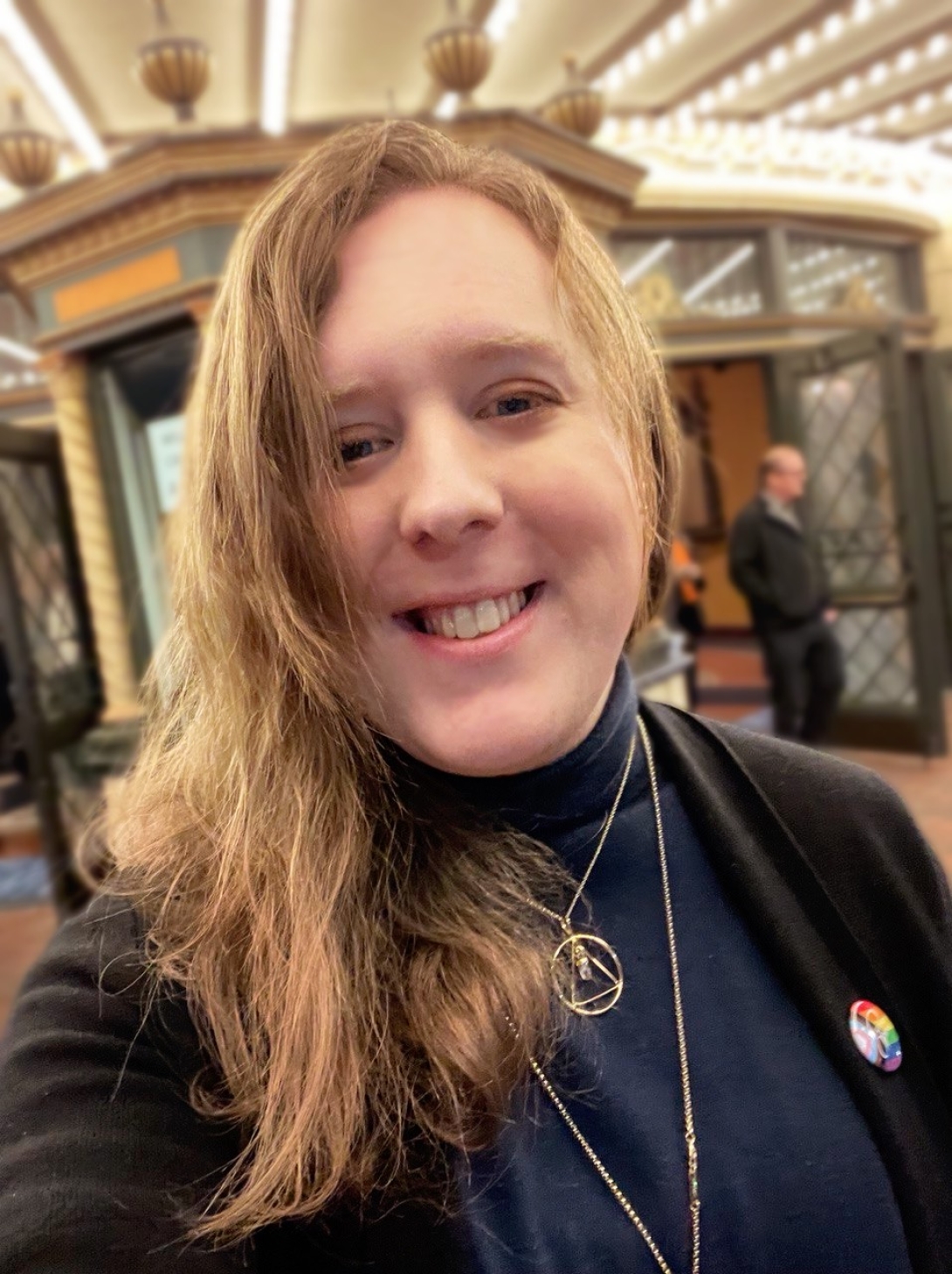
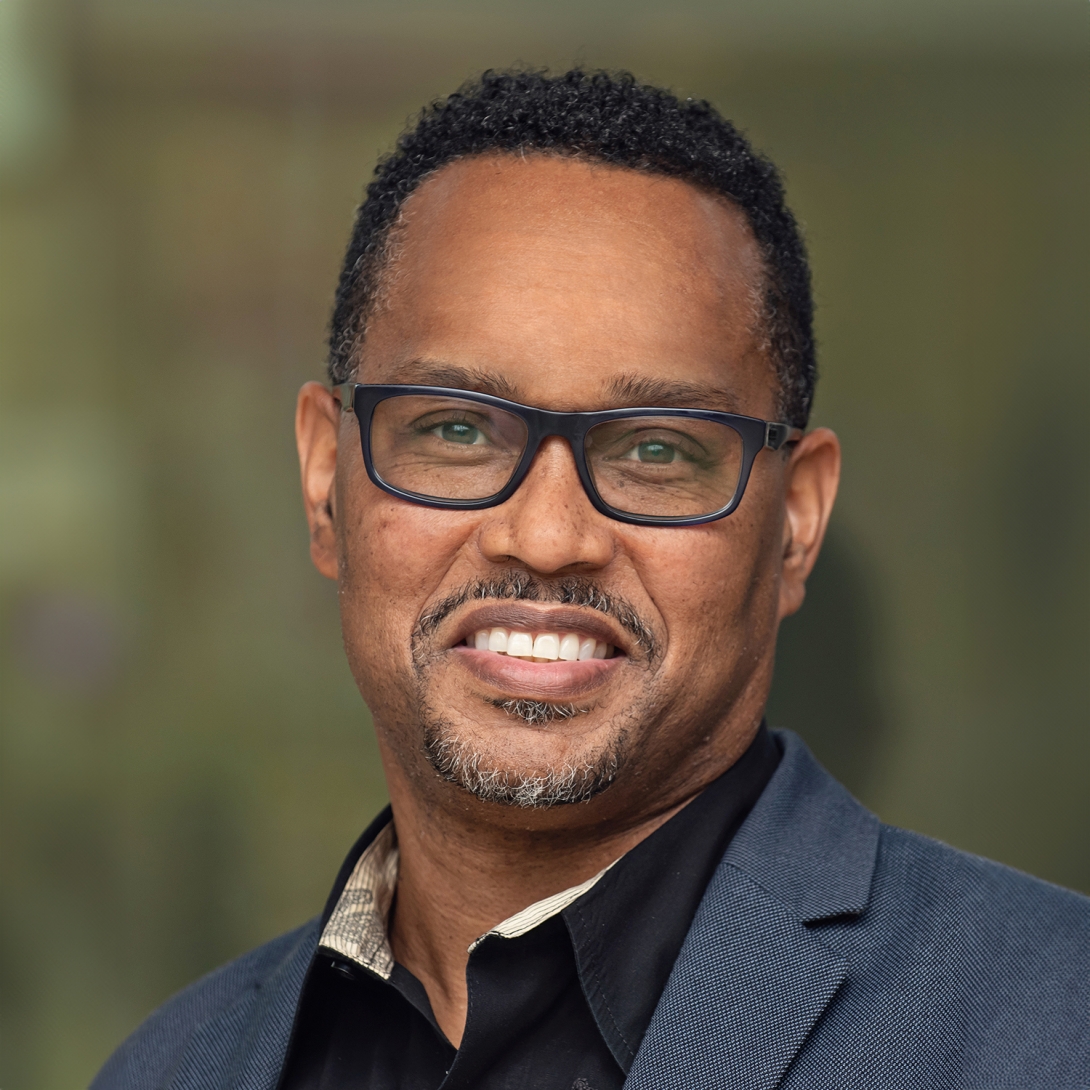

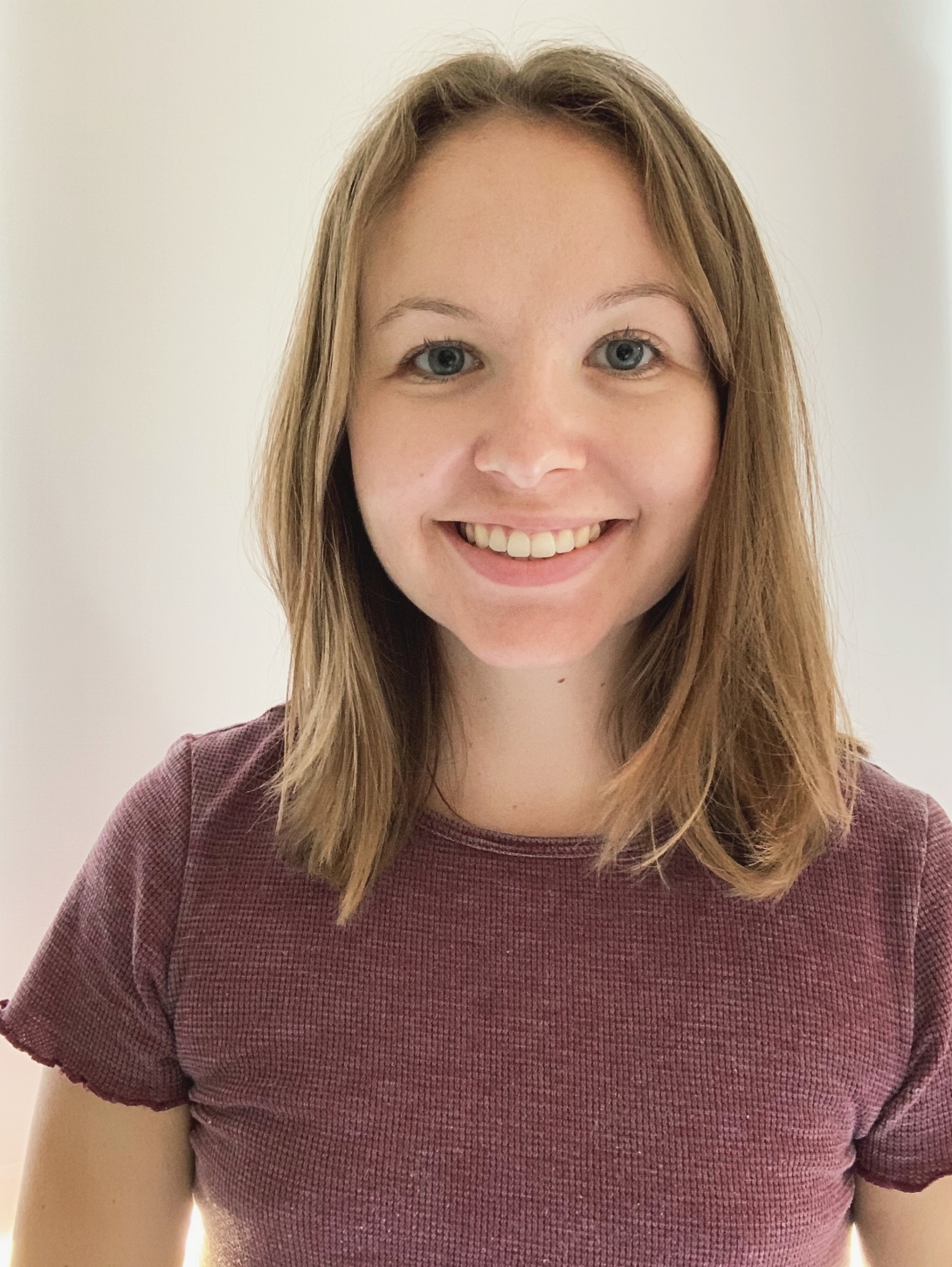
Pharmacology


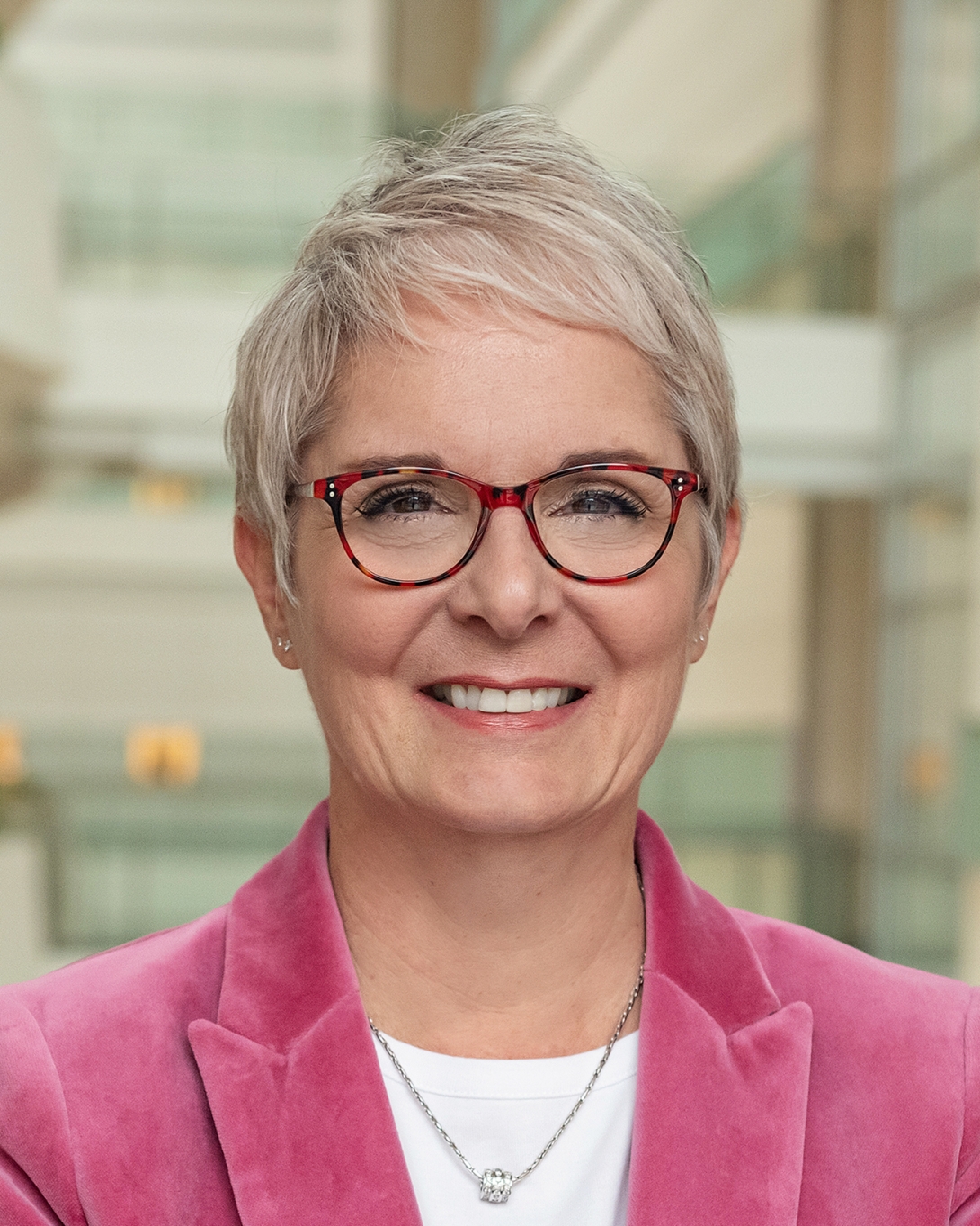
Professor of Pharmacology
Professor of Cell and Developmental Biology
Research Professor, Life Sciences Institute

Department of Pharmacology
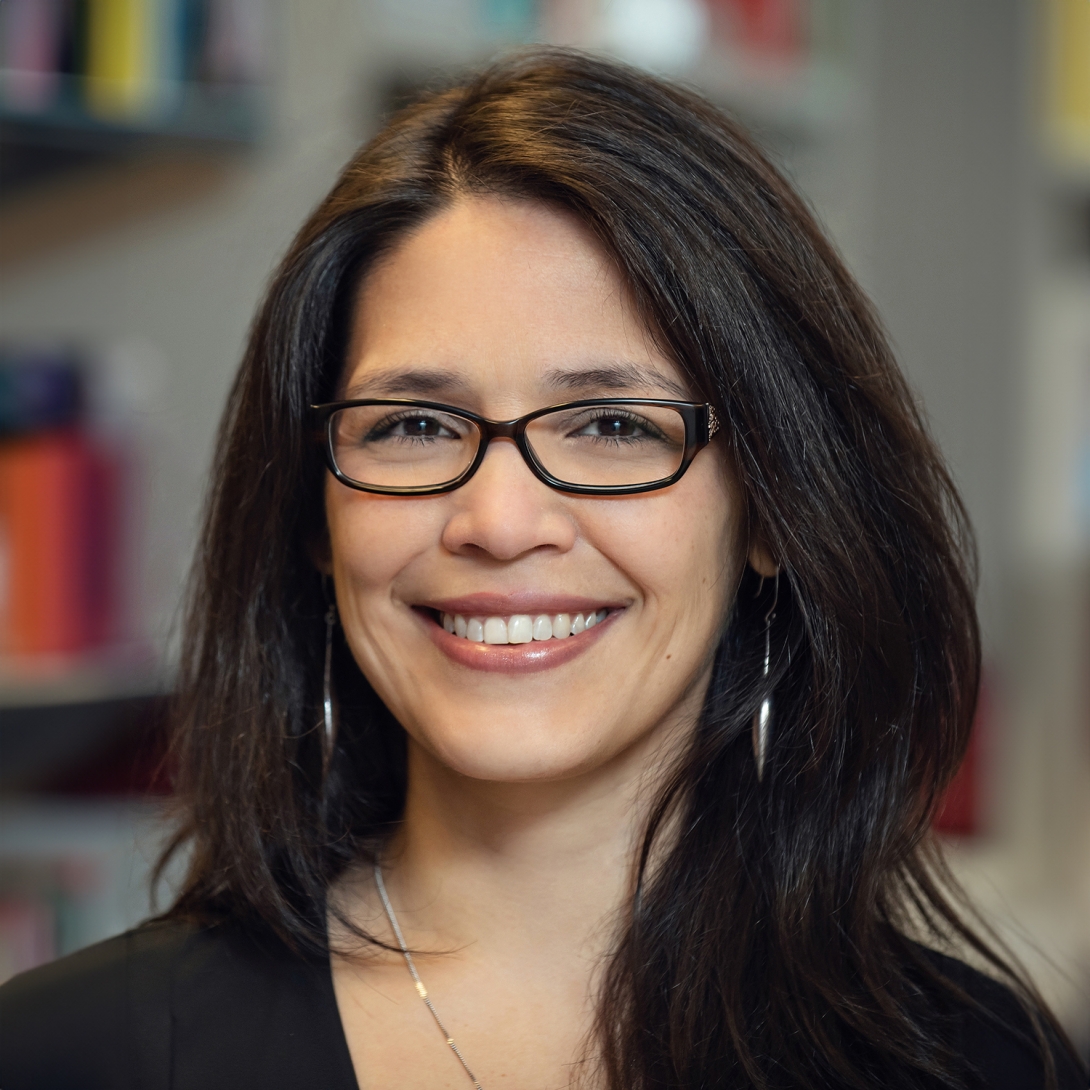
Associate Professor of Psychology, College of Literature, Science, and the Arts

Professor of Pharmacology
Associate Chair for Research, Department of Pharmacology
Professor of Biophysics, College of Literature, Science, and the Arts
Chair, Department of Pharmacology
Professor of Pharmacology
Professor of Molecular and Integrative Physiology
Professor of Neurology
Check out upcoming Diversity, Equity & Inclusion events in the area and online.

